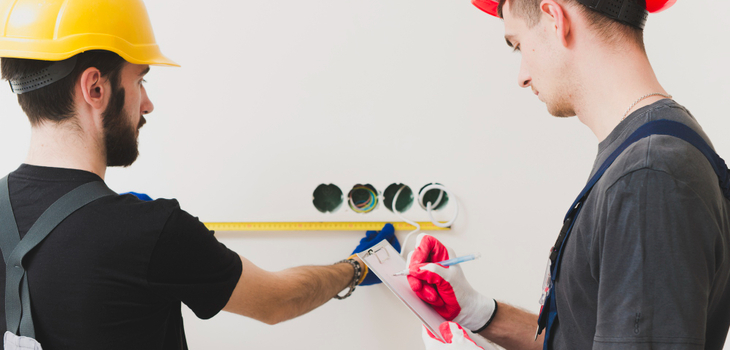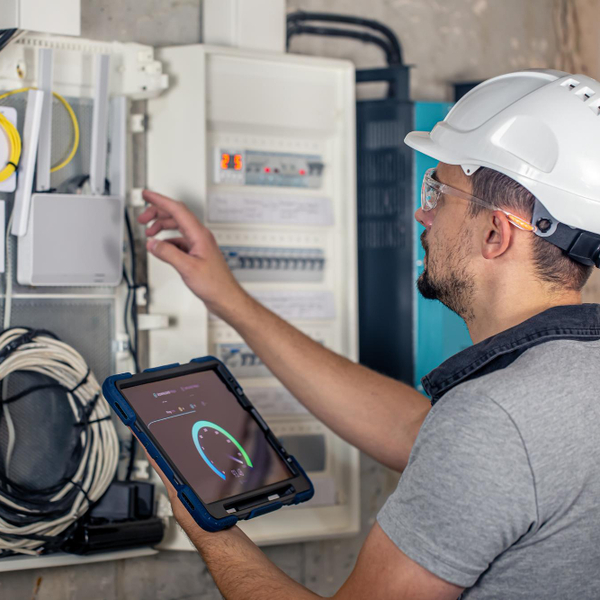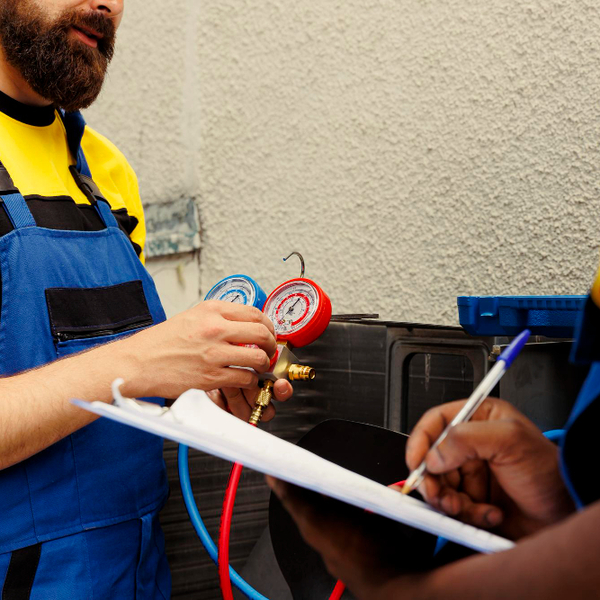Articles populaires

Les avantages des services de bricolage professionnels pour l'insta...

Louer un appartement ou une maison en Allemagne : Avantages et inco...

Explorer les différents services offerts par les services de dém�...

Comment emballer en toute sécurité des objets fragiles en vue d'u...

Comment préparer un déménagement international pendant les mois ...

Le déménagement est-il mauvais pour un enfant ? Explorer l'impact...




